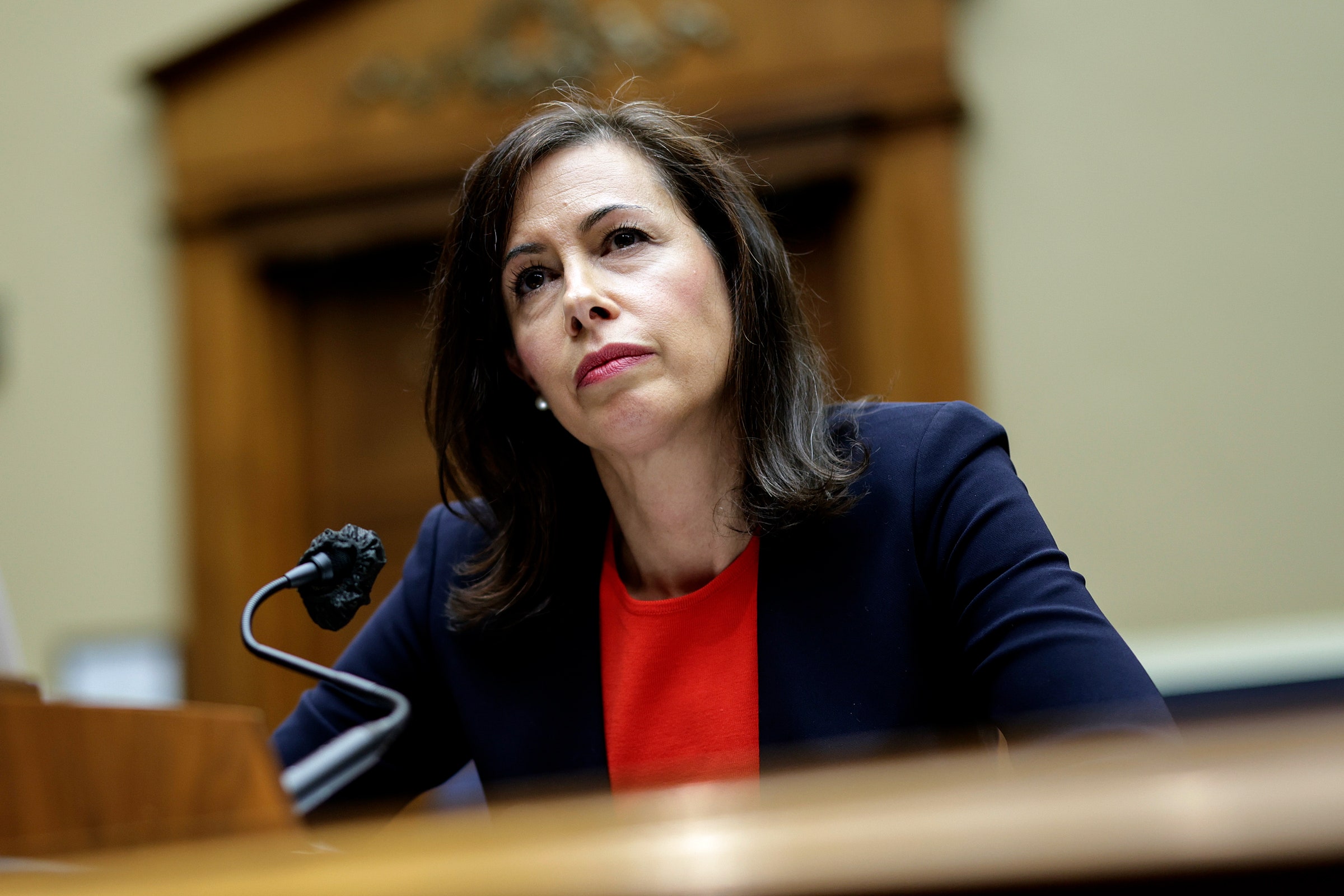
The Federal Communications Commission has voted—once again—to assert its power to oversee and regulate the activities of the broadband industry in the United States. In a 3-2 vote, the agency reinstated net neutrality rules that had been abandoned during the height of the Trump administration’s deregulatory blitz.
“Broadband is now an essential service,” FCC chair Jessica Rosenworcel said Thursday in prepared remarks. “Essential services—the ones we count on in every aspect of modern life—have some basic oversight.”
The rules approved by the agency on Thursday will reclassify broadband services in the United States once more as “common carriers” under Title II of the Telecommunications Act, subjecting broadband to the same public-utilities-style scrutiny as telephone networks and cable TV.
That distinction means that the agency can prevent internet service providers from blocking or throttling legal content, or letting online services pay ISPs to prioritize their content with faster delivery speeds. But it’s difficult, particularly in an election year, to say whether net neutrality is here to stay or whether the FCC’s vote is just another inflection point in a regulatory forever-war.
“Net neutrality rules protect internet openness by prohibiting broadband providers from playing favorites with internet traffic,” Rosenworcel says. “We need broadband to reach 100 percent of us—and we need it fast, open, and fair.”
This reclassification was first attempted by the Obama administration following a lawsuit by Verizon in 2011; the ruling pointed to reclassification as a necessary hurdle in efforts to bring broadband under scope of the FCC’s oversight. The outcome of that case prompted the introduction of the Open Internet Order of 2015, which not only reclassified the industry in line with the court’s suggestion but imposed a slate of new rules with “net neutrality” serving as the FCC’s guiding philosophy.
Two years later, those rules were overturned by the Trump-appointed FCC chair at the time, Ajit Pai, a former Verizon lawyer. Back in the private sector now, Pai derided the FCC’s efforts this week as a “complete waste of time;” something, he said, “nobody actually cares about.”
The rules put forth under Rosenworcel are somewhat different than those previously introduced. Past FCC orders pursing net neutrality have been repeatedly challenged in court, giving the agency today a fair idea of which policies will be defensible in the onslaught of lawsuits definitely to come.
Though banning the creation of “pay-to-play internet fast lanes” remains a priority, the reasons for reclassifying broadband are not limited to warding off the industry’s well-documented predatory practices. The new order also gives the FCC the ability to more closely examine industry behavior; how, for instance, companies respond (or fail to) in the event of widespread network outages.
“Net neutrality” was not originally devised as a set of rules but rather as a principle by which regulators seek to strike a balance between the profit-motivated interests of megalithic broadband companies and the rights and welfare of consumers. It is often summed up simply as the practice of ensuring that “all internet, regardless of its source, must be treated the same.”

